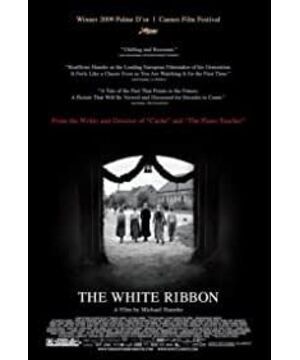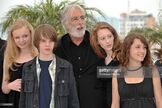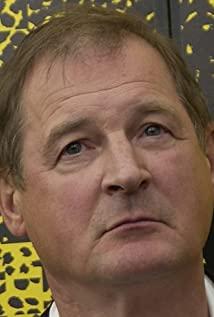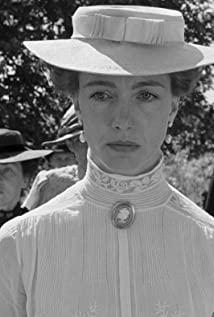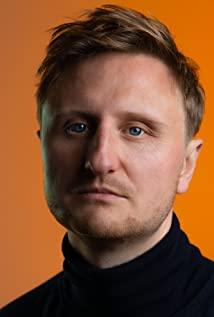Haenke's films are clean, the pictures are slow, and you can think while watching, but each picture is not superfluous. The director set the scene in a small village, and the relationship is not complicated, just to give us space to think, not to make any conclusions, everyone will see what they understand, the so-called Deutungsvielfalt & Meinungsfreiheit.
There are also groups of children from other countries and some who do bad things. But the reason why these groups of children are different is because their nature is suppressed, the social system, the pressure of their father's authority, and they are not sinful at a young age. Look how good the acting of the eldest daughter of the pastor's family is, she played a perverted and calm girl perfectly.
Some people associate this with the Nazis, I think it's a bit far, although the story begins with something that happened in the land ein hellendes Licht geben. I think it's about the nationality aspect rather than the overly specific history . The final battle is an important blow to break all these, and will completely change this deformed and repressed rural form.
Master-level works, consistent with the style of piano teachers, and discussing human nature. Whether a master is not a master depends on whether it is to talk about the facts, or to borrow history to discuss the timeless human nature.
View more about The White Ribbon reviews


